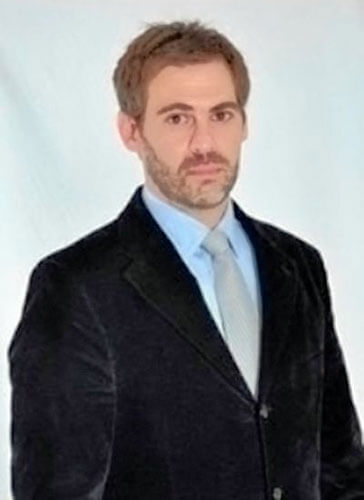A new United Nations General Assembly resolution on debt restructuring that will set up a multilateral legal framework for Caribbean and other debtor countries to emerge from debt safely has been welcomed by the U.N. rights expert on the issue as a way forward to “fill the current legal voice and reduce uncertainty.”
“A multilateral legal framework would help to fill the current legal void and reduce uncertainty related to debt restructuring processes,” said Juan Pablo Bohoslavsky, an independent expert charged by the U.N. Human Rights Council to monitor the effects of foreign debt on the enjoyment of all human rights, particularly economic, social and cultural rights.
In a statement from the U.N. Human Rights Office (OHCHR) on Wednesday, Bohoslavsky highlighted in particular the disruptive impact of so-called “vulture funds”, which buy unserviceable debt at a huge discount.
According to the World Bank, vulture funds are buying commercial debts knowing that multilateral debt relief has put the governments of heavily indebted poor countries in a better position to pay, and hoping that they will, therefore, be persuaded to settle with them.
They frequently engage in litigation in the courts of rich nations to obtain judgments against the debtor and then attempt to attach the government’s assets abroad, the U.N. said.
“Vulture fund litigation not only prevents indebted countries from using resources freed up by debt relief for social and economic rights, it also complicates debt restructuring processes,” Bohoslavsky said.
In a letter to the Group of 77 (“G-77”) developing countries sent before the U.N. General Assembly discussion on the resolution, he stressed that “financial markets need more prudence, not less.”
“Financial business enterprises, including hedge funds or so-called ‘vulture funds’ have to respect human rights and should exercise human rights due diligence to identify, prevent, mitigate and account for adverse human rights impacts as outlined by the Guiding Principles on Business and Human Rights,” Bohoslavsky said.
“An international legal framework should be seen as complementary to existing U.N. Guiding Principles on Foreign Debt and Human Rights and on Business and Human Rights, to national legislation limiting vulture fund litigation and to collective action clauses in sovereign bonds,” he added.
“It would promote more responsible financial behavior and more orderly, timely and speedy debt restructuring processes,” Bohoslavsky continued.
With 124 votes in favor, 11 votes against and 41 abstentions, the General Assembly adopted the resolution: “Towards the establishment of a multilateral legal framework for sovereign debt restructuring processes” on Tuesday that would establish an intergovernmental negotiation process aimed at increasing the efficiency, stability and predictability of the international financial system.
Bohoslavsky was appointed as Independent Expert on the effects of foreign debt and human rights by the United Nations Human Rights Council on May 8, 2014.
Independent experts are appointed by the U.N. Human Rights Council to examine and report back on a country situation or a specific human rights theme. The positions are honorary and the experts are not U.N. staff, nor are they paid for their work, the U.N. said.
























